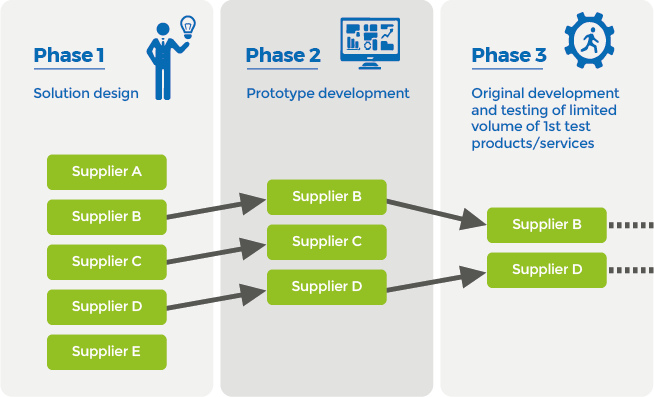Phase III of the pre-commercial procurement process in ProEmpower is coming to an end, with all pilot sites having completed their testing. The ProEmpower solutions were tested in four pilot sites in Turkey, Spain, Portugal and Italy with 400 patients and more than 40 healthcare professionals in the period July 2019 – July 2020 (with slightly different pilot periods across the pilots).
From a project perspective, the pilots have been a huge success. All patients received care using one of the two solutions, while involved healthcare staff received both test groups in each pilot site and got acquainted with their digital assistants. Despite the difficulties posed by the coronavirus pandemic, the solutions were being used actively throughout the pilot period.
In a next step, the project team has started to gather necessary information from all pilot sites to quantify the changes both solutions brought about in the way healthcare was delivered. Not only did the solutions incur time efforts for the healthcare staff to familiarise themselves, but length of stay per visit at the doctor’s were also affected. Lastly, patients reported to have had overall less physical visits using the solutions compared to the previous, regular care. This creates a complex picture of additional costs and benefits which are now to be measured and evaluated on three levels: pilot level, national healthcare system level and on a large-scale scenario level involving multiple countries.
The results of this socio-economic impact assessment will be reported in the final deliverables in the coming two months until the end of the project. The ProEmpower team is looking forward to reporting on the overall pilot results and to presenting the two supplier groups during a webinar in mid-September (details to be announced soon). This PCP-project has been and still is not only fascinating from a scientific perspective, but an important step towards putting European Member States in a position to complement traditional type-II diabetes care with the means of the 21st century.
If you are interested in more PCP-projects focusing on major large-scale population diseases, visit https://hsmonitor-pcp.eu/.
